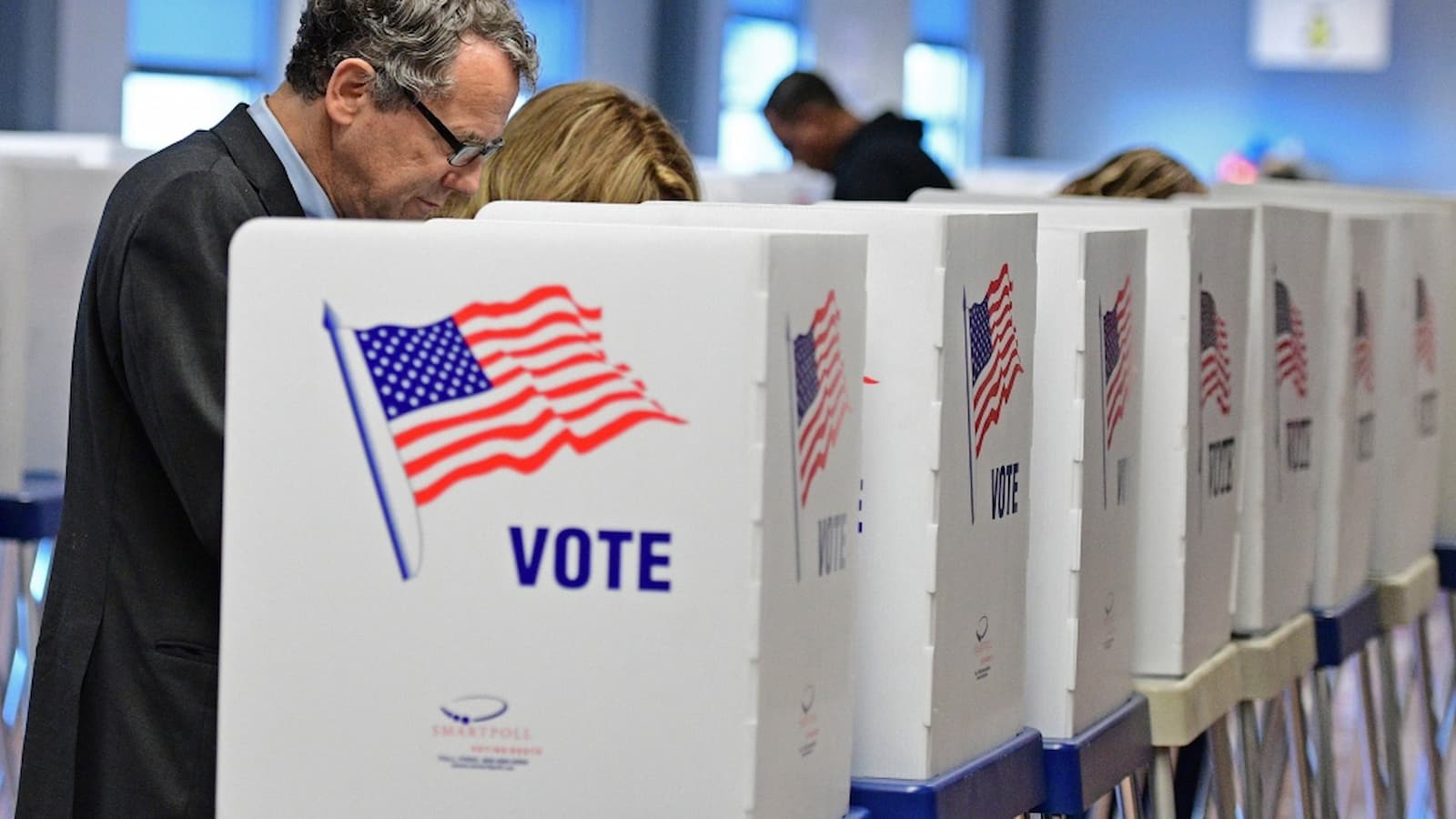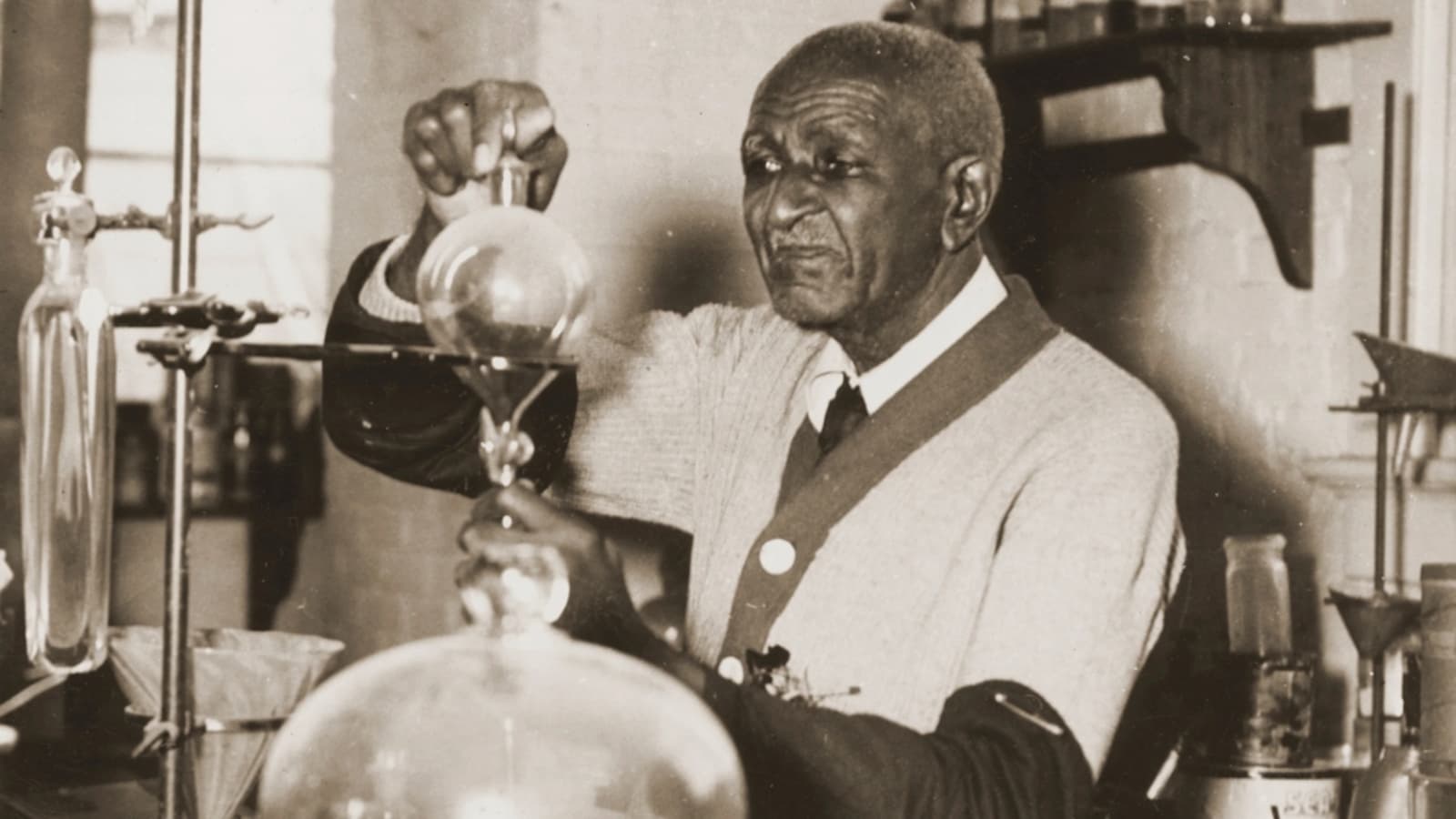US presidential primaries in 2024: The American people choose the candidates in a series of primaries and caucuses before electing a president in November.
It’s a peculiar procedure that has changed throughout the history of the nation and is still changing now.
What does a primary mean?
The purpose of the election is to choose candidates, typically from a specific political party, to run in the general election.
For whom are the primaries being held?
Since Joe Biden is the current president and is a candidate for reelection, he is considered the incumbent for Democrats.
Seldom do incumbents face significant opposition. Democratic candidates running against him in the Democratic primary include Minnesota Representative Dean Phillips and writer Marianne Williamson. However, they haven’t received much support as of yet—at least according to polls.
For a considerable amount of time, former President Donald Trump has led the Republican field; according to polls, he leads the other five contenders.
Trump, while losing the last election, nevertheless displays some of the authority of an incumbent as a past president. Teddy Roosevelt attempted to win back the Republican candidacy in 1912 but was unsuccessful. This is the first significant campaign by a former president for his party’s nomination since then.
Republicans who oppose Trump seem to be leaning toward two candidates: former governors of South Carolina and Florida, Ron DeSantis and Nikki Haley. While DeSantis has concentrated on Iowa, Haley has performed better in New Hampshire polls. Entrepreneur Vivek Ramaswamy, former governor of Arkansas Asa Hutchinson, and former governor of New Jersey Chris Christie have all had more difficulty obtaining support.
In a presidential primary, who may cast a vote?
States have different variations. Typically, primaries are held at voting places, just like regular elections.
However, in certain areas, there are “open primaries,” which allow any registered voter to cast a ballot in the Republican or Democratic primary. Some states have “closed primaries,” which restrict voting in a party’s primary to members of that party, either Republicans or Democrats.
Some allow voters to register on election day, so virtually everyone who is registered to vote can participate in the primary.
When are the primaries for president held?
January 15 is the first day on the presidential primary calendar, even if it isn’t officially a primary.
Republican Party members in Iowa assemble on that day for gatherings known as caucuses, where they listen to speeches from campaign supporters and cast their ballots for the candidate of their choice. Unlike primaries in other states, these are not regular elections; rather, state parties are in charge of them.
Democrats will assemble in Iowa on that day as well, but they will cast their presidential ballot by mail, which will close on March 5.
Some states hold their presidential primaries on one day and their other office primaries at a later time of the year. View the entire schedule.
On January 23, New Hampshire will host its “first-in-the-nation” primary, although Democrats are not endorsing the occasion. This comes after Iowa. Democrats want South Carolina, a state with greater ethnic diversity and where Joe Biden finished top in the 2020 primary, to host their first official primary on February 3. Next on the schedule for February 6 is the Nevada primary.
From there, the calendar gets broader. On February 8 in Nevada and February 24 in South Carolina, Republicans compete in the caucuses.
Applications Open for Mail-In Voting in March 19, 2024 Presidential Primary Election
Do the party’s nominees often come from the winners in Iowa and New Hampshire?
Not always. Although Biden failed to win in Iowa or New Hampshire in 2020, he was able to relaunch his campaign in South Carolina, where he went on to win the Democratic nomination and the presidency.
Donald Trump, like fellow Republican Mitt Romney in 2012, won New Hampshire but lost Iowa in 2016.
Barack Obama, a Democrat, won Iowa but lost New Hampshire in 2008. That year, Republican John McCain won New Hampshire but lost Iowa.
Jimmy Carter, a Democrat, finished second in Iowa behind “uncommitted,” but he was the last contender to win both states and advance to the White House in 1976.
If several candidates emerge victorious in separate state party primaries, how is the eventual presidential nominee chosen?
While casting ballots for candidates, voters are choosing delegates for the summertime party conventions.
Delegates may be distributed according to the outcome of the primary election, or according to a winner-take-all method in which the state’s top candidate receives all of that state’s delegates. In many states, some thresholds grant delegates to any candidate who receives more than a specific percentage of the vote, such as 20%.
These days, Democrats distribute all of their delegates equally.
By March 15, the states hosting primaries and caucuses must distribute delegates proportionately under Republican rules for this year. States that hold their caucuses and primaries after March 15 may adopt a winner-take-all system.
When will we find out who has the necessary number of delegates to advance as the party’s nominee?
We’ll have to wait and watch how the primaries proceed.
Pay attention to March 5th, Super Tuesday. That is the night when Republicans from 16 states and territories will cast their votes for president, even though there won’t be enough delegates available to secure the nomination just yet.
A candidate may not receive enough votes to win the candidacy of his or her party until May or June. On June 4, the final presidential primaries take place.
What occurs if a candidate wins the majority of delegates in the primary?
Before the convention, delegates must often be “bound” (a Republican term) or “pledged” (a Democratic one) to a specific candidate.
There is a very tiny percentage of Republican “unbound” delegates in several states and territories. At the beginning of the convention, these few delegates are free to back any candidate they like.
Party heavyweights who are “unpledged” delegates for the Democratic Party do not vote in the first round of convention floor voting if their vote could affect the result.
To choose a nominee, the bound delegates must unbind themselves in subsequent voting rounds if there isn’t a clear majority winner among them. This type of gathering is called a “brokered convention.”
This is exceptional because it hasn’t occurred since 1952, to be exact.
How did this procedure get started?
Throughout the history of the nation, it changed. Traditionally, congressional delegations chose the candidates for president.
When Andrew Jackson won the presidency in 1832, it was the first election in which party members attended political conventions. The short-lived and long-defunct Anti-Masonic Party hosted the inaugural convention.
Following the riots at the 1968 Democratic National Convention in Chicago, where party officials chose then-Vice President Hubert Humphrey over anti-war nominee Eugene McCarthy, attention shifted to primary elections and a more democratic structure. (Humphrey later lost against Richard Nixon.)
When and where are the conventions in 2024?
Milwaukee will host the Republican National Convention from July 15–18.
Chicago will host the Democratic National Convention from August 19–22.
Do any primaries where the emphasis is not as much on political parties?
Indeed, but not for the presidency.
Nonpartisan primaries are becoming more and more popular. In these elections, all candidates and voters participate in a single primary, and the top candidates—regardless of their party affiliation—confront each other on election day.
These nonpartisan primaries are not utilized in the presidential election, but they are used in statewide contests for the Senate, the governorship, and the House.
Washington, Nebraska, and California employ the top-two method. It is a top-four system in Alaska.
There are supposedly “jungle primaries” in Louisiana. On election day, the ballots of all candidates running for municipal, state, or federal offices are displayed. Should no candidate receive a majority of the vote, the top two finishers will participate in a runoff.
Will third-party candidates run for president?
Indeed. Most states will probably have a presidential candidate from the Green Party on the ballot, while all 50 states should see a presidential candidate from the Libertarian Party. These parties will hold their conventions to choose their nominees.
But in a general election, the last time an independent or third-party candidate won electoral votes was in 1968.





